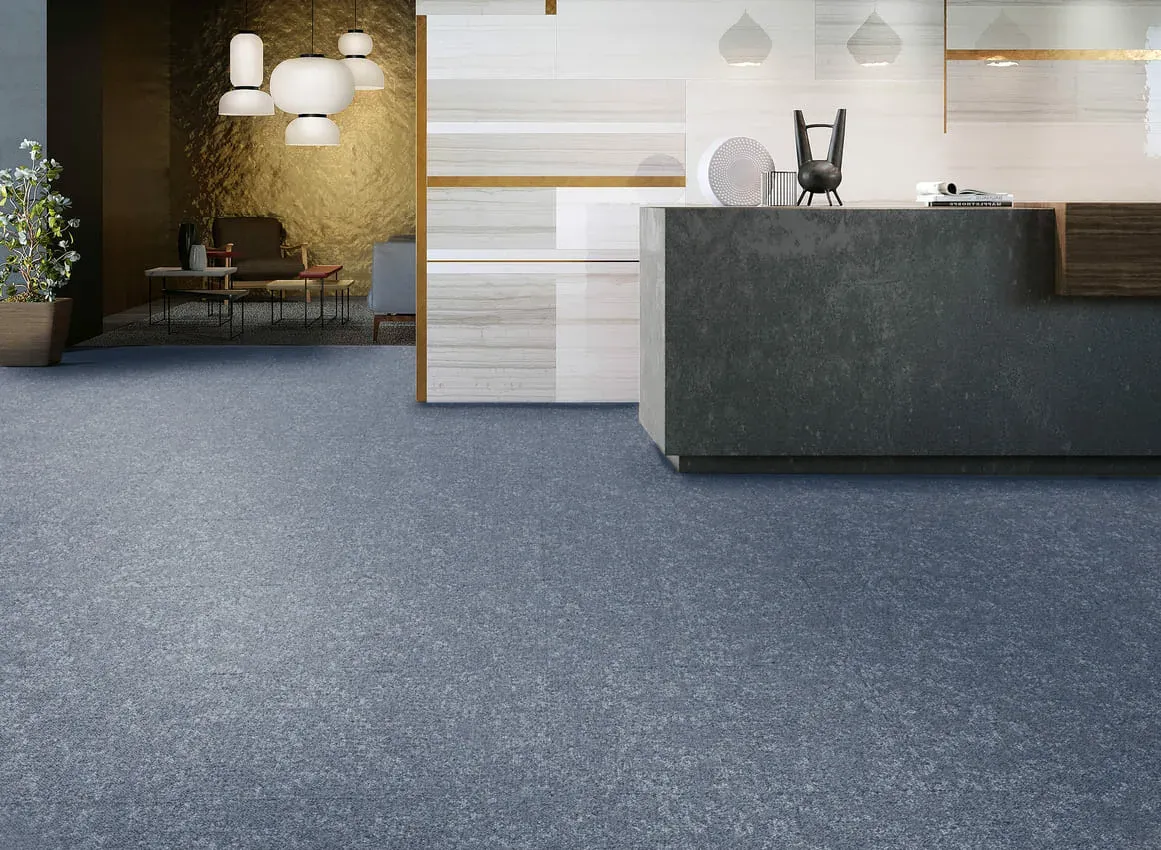Exploring the Versatile World of Skirting Boards for Home Interior Design and Decoration
The Importance of Skirting Boards in Interior Design
Skirting boards, often referred to as baseboards or moldings, are an essential component of interior design that often goes unnoticed. However, these architectural elements play a crucial role in enhancing the aesthetic appeal of a room while serving practical purposes. In this article, we will explore the significance of skirting boards and how they contribute to the overall beauty and functionality of interior spaces.
Aesthetic Enhancement
One of the primary functions of skirting boards is to provide a finished look to a room. They bridge the gap between the walls and the flooring, creating a seamless transition that adds depth and character to the interior. Skirting boards come in a variety of styles, materials, and finishes, allowing homeowners and designers to choose options that complement the existing decor. Whether one prefers a traditional, ornately carved design or a sleek, modern style, skirting boards can be tailored to suit any aesthetic preference.
In addition to their design qualities, skirting boards can also enhance the color palette of a room. By opting for contrasting colors or finishes, they can serve as an accent feature that draws the eye and adds visual interest. For instance, a crisp white skirting board can provide a stunning contrast against a dark wall, emphasizing the height of the room and creating an illusion of spaciousness.
Practical Benefits
Beyond their beauty, skirting boards serve several practical purposes. They protect the base of walls from scuffs, scratches, and damage caused by furniture and foot traffic. In households with children or pets, skirting boards act as a protective barrier, ensuring that walls remain unblemished and easy to maintain. Moreover, they can help conceal wires and cables, providing a cleaner and more organized appearance in modern homes that rely extensively on technology.
skirting board world

Another practical aspect of skirting boards is their role in creating a barrier against moisture. In areas prone to humidity, such as bathrooms and kitchens, skirting boards can help prevent water damage by creating a seal between the floor and the wall. This can be particularly important in maintaining the longevity of both the walls and the flooring materials.
Installation and Maintenance
Installing skirting boards can be a straightforward DIY project for those with basic carpentry skills. However, hiring a professional can ensure that the installation is done correctly and with precision, resulting in a polished finish. Regardless of how they are installed, regular maintenance is essential. Dust and dirt can accumulate along the edges, so periodic cleaning is necessary to keep skirting boards looking their best.
For those considering a renovation, repainting skirting boards can be an effective way to refresh the space without significant investment. A new coat of paint can revive the look of a room, making skirting boards a focal point that enhances the overall design.
Conclusion
In summary, skirting boards are far more than mere decorative elements; they are functional components that contribute to the overall aesthetics and practicality of a space. Whether used to enhance the visual appeal of a room, protect walls from damage, or create a seamless transition between different surfaces, skirting boards are an integral part of interior design. By carefully selecting and maintaining these features, homeowners can elevate their living spaces, adding both beauty and functionality to their homes. As we continue to explore innovative design solutions, skirting boards will undoubtedly remain a staple in creating stylish and enduring interiors.
-
Modern Interior Solutions with Durable PVC Material SkirtingAug.22,2025
-
Elevating Outdoor Spaces with Premium Wood Material SkirtingAug.22,2025
-
Waterproof Advantages of SPC Flooring Vinyl in KitchensAug.06,2025
-
SPC Hybrid Waterproof Flooring Thickness GuideAug.06,2025
-
Leveling Subfloor Before My Floor SPC InstallAug.06,2025
-
How Mesh Deck Skirting Improves Outdoor Pest ControlAug.06,2025




